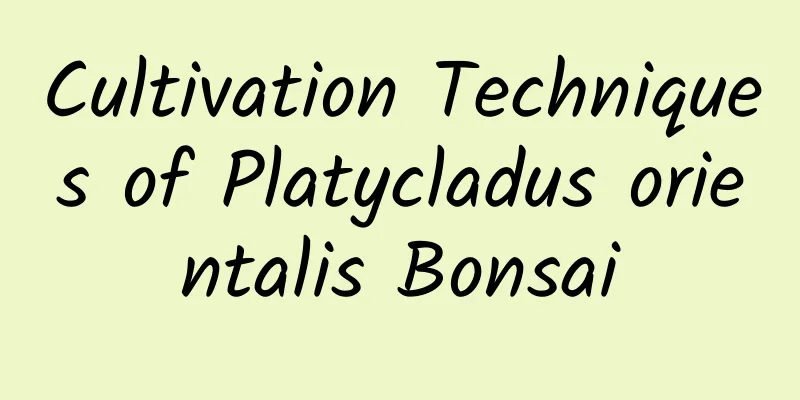Common diseases of kapok

Bombax ceiba AnthracnoseThe leaves of kapok trees infected with anthracnose often have spots on the tips and edges of the leaves. The spots are nearly circular, semicircular, or irregular in shape, dark brown to black, with a diameter of several millimeters to more than 1 centimeter. There are sometimes faintly visible ring patterns on the spots, on which scattered or whorled small black dots (spore discs of the pathogen) can be seen. They mainly harm the leaves, causing most of them to turn black, dry up, and fall off. Prevention and treatment methods:In winter and spring, remove diseased branches and fallen leaves and burn them in a concentrated area, then immediately spray the ground and plants with pesticides to reduce the incidence of the disease. During the leaf emergence stage and the early stage of disease, spray 800-1000 times of 75% thiophanate-methyl + 70% thiophanate-methyl wettable powder ( 1 :1 ) , or 600 times of 40% polysulfide suspension , or 1000 times of 50% Shibaogong wettable powder , or 500 times of 25% carbon terene wettable powder , or 600 times of 60% Duofu wettable powder . Depending on the weather and the condition of the disease, spray 3 to 4 times alternately , and spray once every 7 to 15 days. Kapok spotGenerally, seedlings aged 1 to 3 years are more seriously affected. In the early stage of the disease, small brown spots appear on the leaves, which gradually expand into round, nearly round or connected irregular spots, causing perforation of the leaves and premature fall. Prevention and treatment methodsPay attention to observation: choose the nursery site. Avoid growing seedlings in areas where the disease has occurred. Reasonable thinning of planting: Increase application of phosphorus fertilizer: Appropriate thinning of planting to facilitate ventilation and light transmission. During the disease period, applying more phosphorus fertilizer can improve the plant's disease resistance. Chemical control: Spray 1% Bordeaux mixture or 0.5% Mancozeb, or 0.01-0.05 % Benlate solution during the disease period, which is more effective . |
<<: Rhododendron diseases and prevention methods
Recommend
When is the best time to plant saffron bulbs?
Saffron , also known as crocus, has very beautifu...
Common varieties of pumpkin
The first type: honey pumpkin It is a hybrid vari...
Where is the best place to plant Polygonatum sibiricum
Polygonatum sibiricum planting area Polygonatum s...
What to do if you water the tiger plant too much
1. The consequences of excessive watering Althoug...
When is the best month to repot Christmas cactus
1. When is the best month to change the pot? Its ...
Don't grow these 3 kinds of flowers. The leaves are poisonous and will cause swelling when touched by the skin.
Huahua discovered that plants like the familiar C...
Chrysanthemum planting time and method
Chrysanthemum is a perennial herbaceous plant bel...
Causes and treatments for yellow leaves of jade tree
1. Inappropriate light exposure Reason: Jade plan...
Cultivation methods and precautions of chrysanthemum
How to cultivate chrysanthemum Pot soil selection...
The language and meaning of camellia
1. Flower language and meaning 1. Humility: Camel...
Should I use a shallow or deep pot for wintersweet? What size pot should I use?
1. Should I use a shallow or deep basin? Generall...
These 8 kinds of succulents become disfigured once they grow up, and I'm so angry that I want to throw away even the pots!
Phoenix The leaves of the phoenix when it was a c...
Cultivation methods and precautions of Longyou plum Cultivation and care methods of Longyou plum
Longyou plum is a true plum tree with naturally t...
Differences between blue flax and sesame flowers
1. Leaf Difference The leaves of blue flax are th...
Pest control, germination, anti-corrosion...all kinds of flower-growing problems can be solved with just one clove of garlic
Promote germination Steps: 1. Peel and mash the g...









